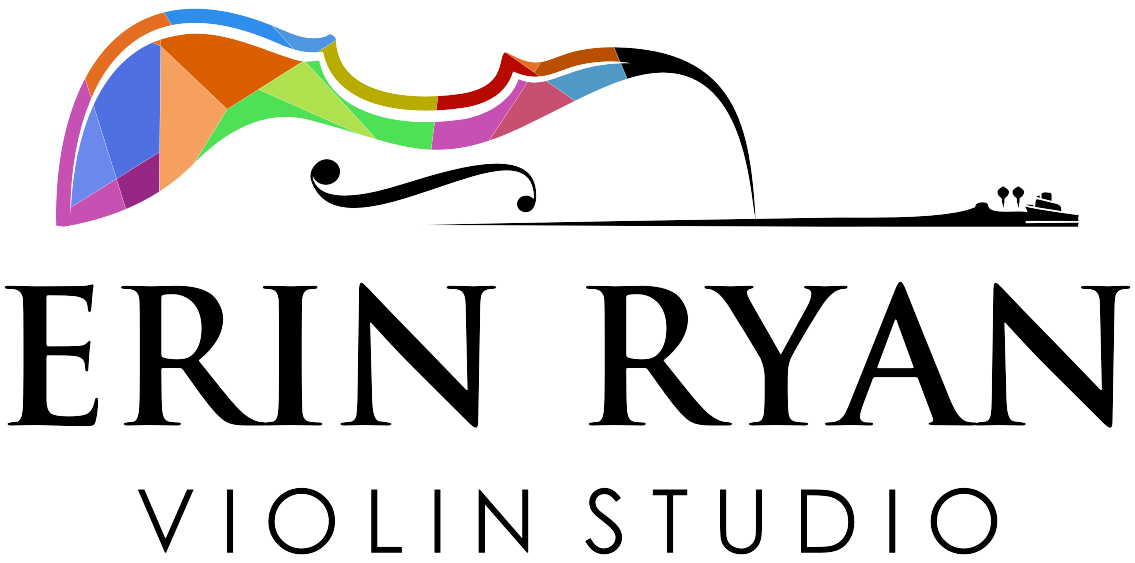The Washington area is currently bracing for its first winter storm 2016. What better time to start considering summer music programs for your student?? I'm a huge proponent of summer music camps, especially sleep-away programs. They are wonderful way for students to experience and immerse themselves in new music in a beautiful setting, meet other like-minded young musicians, and study with new teachers and conductors. Right now is the time for students to send off applications and audition recordings! I've done a bit of research and here are some great programs:
- Brevard Music Festival (for high school age students)
- Sewanee Music Festival (ages 12 and up)
- Killington Music Festival (ages 12 and up)
- Camp Encore/Coda (grades 3 through 11)
This is just a tiny sampling of some of the wonderful summer programs. As an alumna of two of the programs above, I still cherish the memories and the invaluable musical experiences from these programs.
